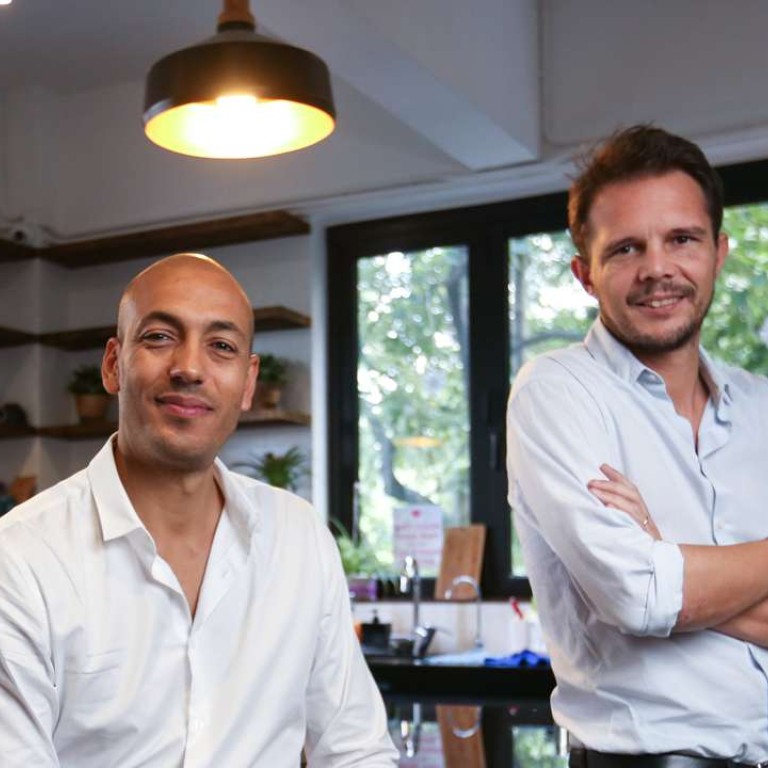
Storefront brings ‘Airbnb of retail spaces’ to Hong Kong, mainland China next on list
Pop-up stores offer brands quick and easy access to China’s massive retail market
When brick-and-mortar stores are fading, pop-up shops are popping up everywhere, and moving even more close to you.
Imagine if renting a shop in the world’s most expensive street was as easy as booking a hotel room? Storefront makes it possible.
New York-based Storefront, an emerging online marketplace that help brands and entrepreneurs in need of short-term retail spaces to connect with thousands of landlords, arrived in Hong Kong late last year, as the first step of its aggressive expansion plan in Asia.
With more than 1,500 listings comprising 12 million square feet of space, Storefront is already the largest player in the city.
Through Storefront it is realistic for a new brand to open a pop-up store for just one day in Causeway Bay, Hong Kong’s most prosperous shopping strip, to display goods at a museum, or even to pop up for an event inside a moving tram.
The whole booking procedure can be done within two hours.

“We’re moving from an economy where the long-term traditional lease is mainstream, into one where people need flexible retail. From landlords renting their spaces for many years, to a few weeks or a few days, ” Storefront co-founder and chief executive Mohamed Haouache told the Post.
“We call it a ‘new normal’.”
Storefront Asia chief executive Benoit Clement-Bollee said “previously it was almost impossible for brands to connect with landlord to find a pop-up store, it was a nightmare, it took six to eight months to just find a space. When you wanted to rent it for one day, it didn’t make sense.”
The global economic downturn and impact from e-commerce have forced brands to become extremely cautious when searching for shops, especially in a market like Hong Kong where rent prices are among the highest in the world.
Haouache said the market demand for pop-up stores is “increasing day by day” in the Asian financial capital. International brands which are eager to enter China and want to test the water find Hong Kong is always the gateway.

“They are finding better ways to access the new market, and we’re the perfect tool to make it easily and affordably,” Haouache said.
The startup said it had also seen more and more young designers and entrepreneurs in Hong Kong using the platform to connect with customers offline.
Founded in 2012, Storefront has a presence in five countries to date – the United States, Britain, France, the Netherlands and Hong Kong. It works with about 9,000 brands globally, including Hermes, L’Oreal and Samsung. Superstars such as Kanye West and Victoria Beckham opened pop-up stores through the service.
In Hong Kong, it has already started cooperation with some big shopping malls such as Hysan Place, The One and Olympian City.
Haouache said their expansion lagged demand in Asia and the firm was set to speed up its development and aimed to enter three mainland cities – Beijing, Shanghai and Guangzhou – this year.
“There are more and more shopping malls in China, which means pop-up stores could be everywhere,” he said.

